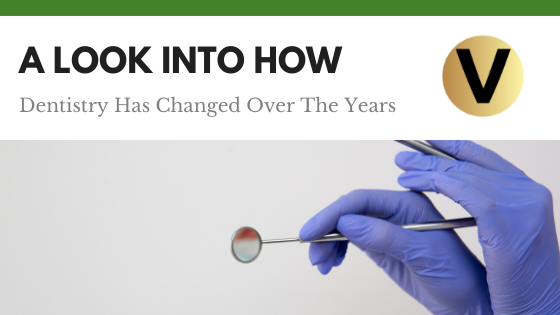If it’s been a few years since one has seen a dentist, they may be in for a pleasant surprise. Dentistry has changed a lot in the last few years, and those changes are good news for patients.
More Pleasant Environments
Dentists are aware that many patients have had negative experiences in the past. Dentistry has made an effort to make their offices more pleasant and patient-focused.
Many dentists now have more comfortable waiting rooms. Many have added music and other features that enhance the ambiance, such as water fountains which are known to be calming.
Some procedures have also come a long way in terms of being more pleasant. For example, some clinics are now able to offer anesthesia without needles for patients who dislike needles. This is called electronic anesthesia.
Prevention Instead of Restoration
Historically, dentistry focused on repairing problems after the fact. Greater knowledge and new technology has empowered dentists to focus on preventing problems, which improves outcomes overall.
A smart toothbrush can track data on how often one brushes teeth, plus myriad other details to help make sure patients are taking proper care of their teeth. These can be especially helpful for wrangling children with dental issues.
Dentists can also do 3D digital imaging to predict problems. This is an improvement over x-rays.
Greater Convenience
At one time, a patient who needed a crown had to get molds made, and the dentist had to send everything out to a lab and wait for it to come back. This could take days or weeks.
Now, some dental offices can do same-day crowns using computer-assisted design and computer-assisted fabrication. This allows crowns and even bridges to be designed and fabricated in-house so a patient can get the work done in fewer visits.
Oral health is an important part of overall health. Some studies have linked oral bacteria to more serious issues like heart disease.
Yet many people are reluctant to see a dentist due to personal baggage. Dentists are working hard to make that issue a thing of the past.

